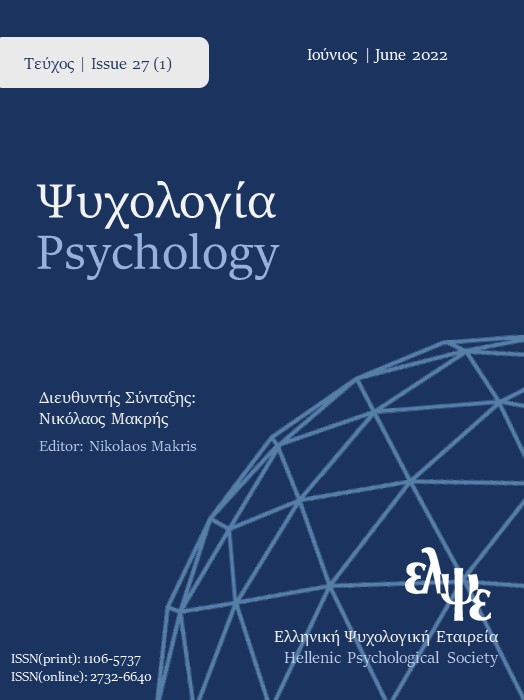Learning counter-intuitive explanations from a conceptual change perspective

Abstract
What is the reason why students frequently face difficulties in understanding counter-intuitive scientific and mathematical explanations? It is assumed that when students enter school, they have already constructed theories about how the world works which are based on information they receive from the external environment through their senses. These theories may, however, contradict the scientific explanations, which are often considered to be counter-intuitive, since they do not derive from our daily observations through our senses and are not confirmed by them. Students need to reorganize their initial theories in order to learn counter-intuitive explanations; multiple conceptual changes are required -ontological, epistemological and representational- as described in the Framework Theory approach of conceptual change. In the current Special Issue five papers are presented, which are based on the same theoretical framework of conceptual change. The papers extend the Framework Theory approach by describing students' difficulties in understanding counter-intuitive scientific and mathematical explanations. They also suggest educational practices that could facilitate the learning of counter-intuitive explanations.
Article Details
- How to Cite
-
Skopeliti, I. (2022). Learning counter-intuitive explanations from a conceptual change perspective. Psychology: The Journal of the Hellenic Psychological Society, 27(1), 1–9. https://doi.org/10.12681/psyhps.30692
- Section
- SPECIAL SECTION

This work is licensed under a Creative Commons Attribution-ShareAlike 4.0 International License.
The journal PSYCHOLOGY adopts a Platinum open-access policy. Submission, processing or publication costs are waived by the Hellenic Psychological Society. Papers published in the journal PSYCHOLOGY are licensed under a 'Creative Commons Attribution-ShareAlike 4.0 International' licence. The authors reserve the copyright of their work and grant the journal the right of its first publication. Third-party licensees are allowed to use the published paper immediately after publication as they wish, provided they retain the defined by the license copyright formalities, regarding the reference to its author(s) and its initial publication in the journal PSYCHOLOGY. Moreover, any adjusted work should be shared under the same reuse rights, so with the same CC license.


